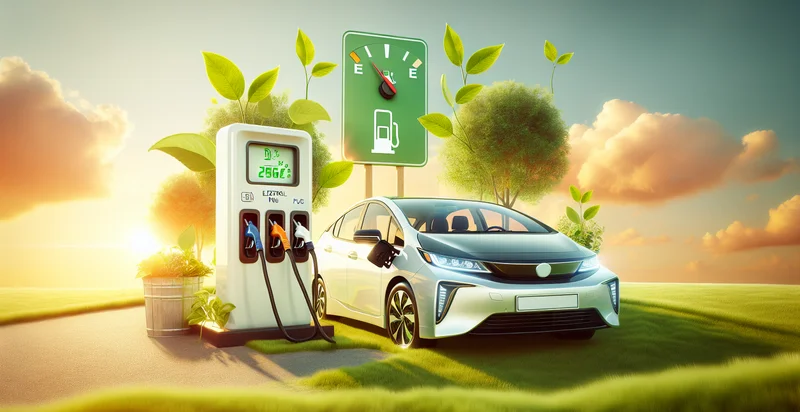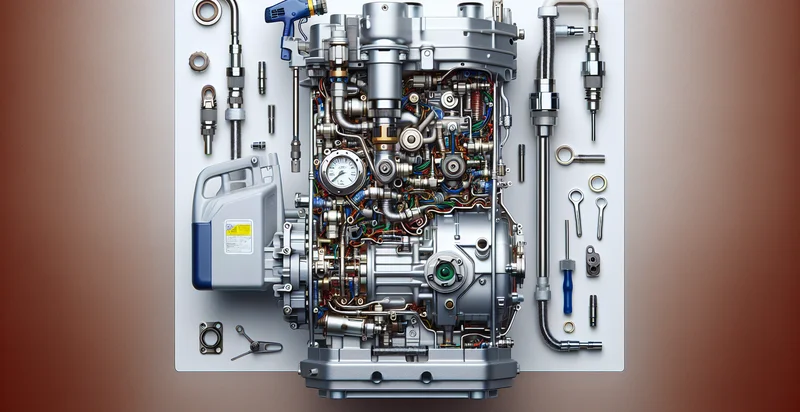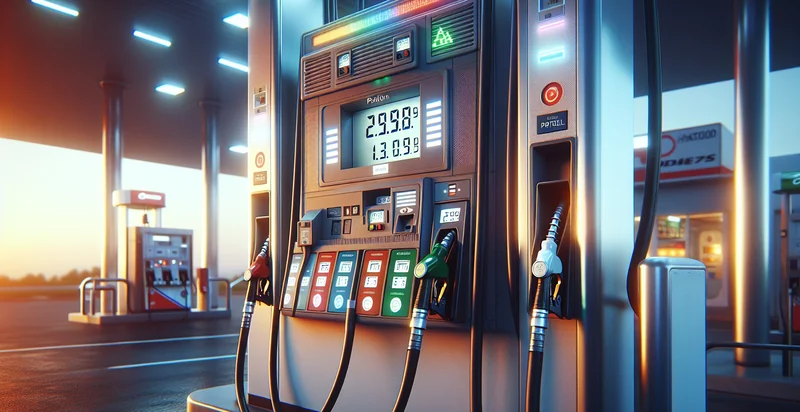Identify vehicle fuel efficiency
using AI
Below is a free classifier to identify vehicle fuel efficiency. Just upload your image, and our AI will predict what type of vehicle fuel efficiency it has - in just seconds.

Contact us for API access
Or, use Nyckel to build highly-accurate custom classifiers in just minutes. No PhD required.
Get started
import nyckel
credentials = nyckel.Credentials("YOUR_CLIENT_ID", "YOUR_CLIENT_SECRET")
nyckel.invoke("vehicle-fuel-efficiency", "your_image_url", credentials)
fetch('https://www.nyckel.com/v1/functions/vehicle-fuel-efficiency/invoke', {
method: 'POST',
headers: {
'Authorization': 'Bearer ' + 'YOUR_BEARER_TOKEN',
'Content-Type': 'application/json',
},
body: JSON.stringify(
{"data": "your_image_url"}
)
})
.then(response => response.json())
.then(data => console.log(data));
curl -X POST \
-H "Content-Type: application/json" \
-H "Authorization: Bearer YOUR_BEARER_TOKEN" \
-d '{"data": "your_image_url"}' \
https://www.nyckel.com/v1/functions/vehicle-fuel-efficiency/invoke
How this classifier works
To start, upload your image. Our AI tool will then predict what type of vehicle fuel efficiency it has.
This pretrained image model uses a Nyckel-created dataset and has 5 labels, including Efficient, Inefficient, Moderate, Very Efficient and Very Inefficient.
We'll also show a confidence score (the higher the number, the more confident the AI model is around what type of vehicle fuel efficiency it has).
Whether you're just curious or building vehicle fuel efficiency detection into your application, we hope our classifier proves helpful.
Related Classifiers
Need to identify vehicle fuel efficiency at scale?
Get API or Zapier access to this classifier for free. It's perfect for:
- Fleet Management Optimization: Businesses managing large fleets can utilize the vehicle fuel efficiency identifier to assess and improve their operational costs. By identifying fuel-inefficient vehicles, companies can prioritize maintenance or replacement, ultimately leading to reduced fuel expenses and a smaller carbon footprint.
- Environmental Impact Analysis: Organizations focused on sustainability can leverage the identifier to analyze the fuel efficiency of their vehicle fleet. By tracking this data, they can report on their environmental impact and make informed decisions about future purchases to enhance overall fuel economy.
- Insurance Risk Assessment: Insurance companies can use the fuel efficiency classification to evaluate risk profiles of vehicle owners. By associating fuel efficiency with vehicle condition and driver behavior, insurers can offer tailored premiums based on vehicle classifications, promoting fuel-efficient driving.
- Customer Education and Engagement: Automotive retailers can implement the identifier to inform customers about the fuel efficiency of various vehicle models. This insight can shape marketing strategies, guiding consumers toward more fuel-efficient options, thereby enhancing customer satisfaction and brand loyalty.
- Regulatory Compliance Tracking: Government agencies can utilize the fuel efficiency identifier to monitor compliance with environmental regulations. By identifying vehicles that do not meet efficiency standards, agencies can take appropriate action to enforce laws and promote cleaner transportation.
- Research and Development: Automotive manufacturers can incorporate the identifier in their R&D processes to develop newer, more efficient vehicles. By understanding current market efficiency levels, manufacturers can innovate designs that target fuel efficiency improvements, leading to competitive advantages.
- Investment Analysis for Fleet Financing: Financial institutions can use the fuel efficiency identifier to evaluate the potential return on investment for fleet financing options. Understanding the fuel economy of vehicles can aid in predicting long-term savings for businesses, leading to informed lending decisions and improved financial proposals.


